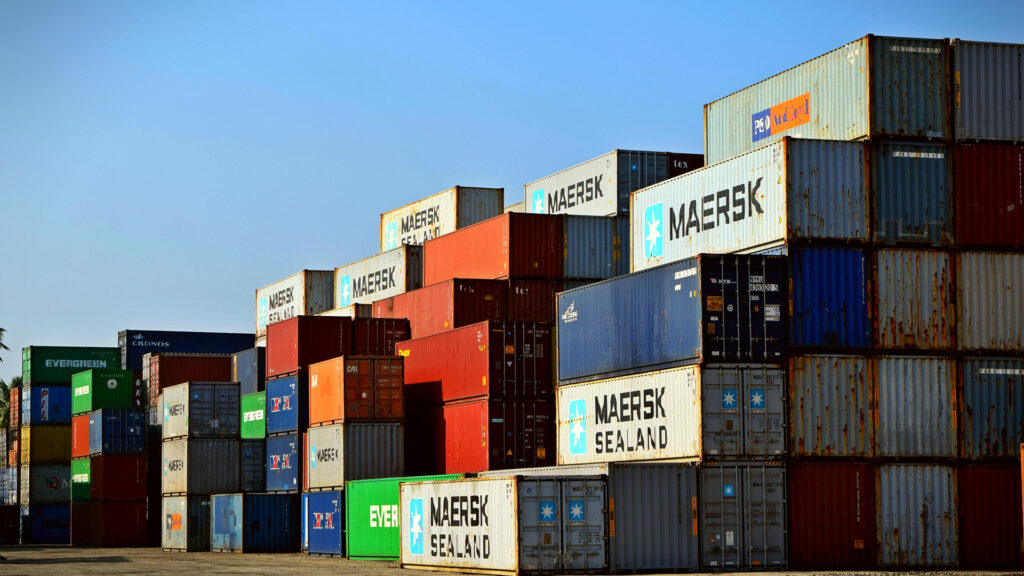On April 29, 2025, President Trump signed Executive Order (EO) 14289, which aims to limit the cumulative application—or “stacking”—of certain US trade remedy tariffs. EO 14289 establishes a new hierarchy of applicable tariffs and restricts imposing overlapping duties on a single entry. The EO applies retroactively to entries made on or after March 4, 2025, creating potential refund opportunities for importers whose entries were assessed with stacked duties.
De-Stacking of Tariffs
EO 14289 introduces de-stacking rules for the following tariff programs:
- Section 232 Automotive tariffs
- IEEPA Canada tariffs
- IEEPA Mexico tariffs
- Section 232 Aluminum tariffs
- Section 232 Steel tariffs
Under the EO, if one of the above tariffs applies to imported articles, the others are excluded, except for Section 232 aluminum and steel tariffs that may still apply concurrently in certain cases. In cases where multiple tariffs could be applied, EO 14289 establishes the following order of precedence: (1) Section 232 automotive tariffs, (2) IEEPA Canada and Mexico tariffs, and (3) Section 232 aluminum and steel tariffs.
EO 14289 does not refer to Reciprocal Tariffs and this is because an earlier Executive Order —EO 14257, establishing Reciprocal Tariffs—includes similar de-stacking provisions. Therefore, reciprocal tariffs are also excluded from stacking when any of the above tariffs apply.
The following duties remain subject to cumulative assessment and are not affected by the Executive Order:
- General customs duties
- Section 301 duties
- IEEPA China duties
- Antidumping and countervailing duties (AD/CVD)
Upcoming Details and Refunds
The Department of Homeland Security has been directed to revise the Harmonized Tariff Schedule (HTSUS) to reflect these changes by May 16, 2025, and US Customs and Border Protection (CBP) is expected to issue formal implementation guidance later this week.
Importers whose entries were assessed “stacked” tariffs inconsistent with EO 14289 may be eligible for refunds, which can be pursued through standard CBP procedures, including Post Summary Corrections (PSCs), depending on the timing of the entry and liquidation status.
- Recommendations
- Review Entries: Identify imports entered on or after March 4, 2025, particularly from Canada, Mexico, or China, that were subject to multiple Section 232 or IEEPA tariffs;
- Assess Refund Eligibility: Determine whether duties were stacked contrary to the newly established hierarchy; and
- Prepare Argument and Supporting Documentation: Compile entry summaries and tariff assessments in preparation for filing PSCs.
Yormick Law is actively monitoring the upcoming implementation guidance from CBP. We are available to assist with reviewing impacted entries, evaluating refund eligibility, and working with importers to prepare any necessary arguments and documentation to support refund claims.







